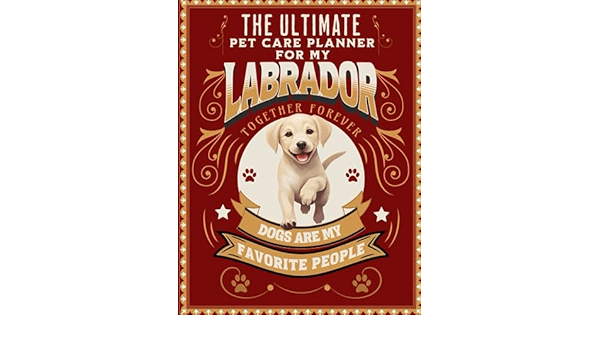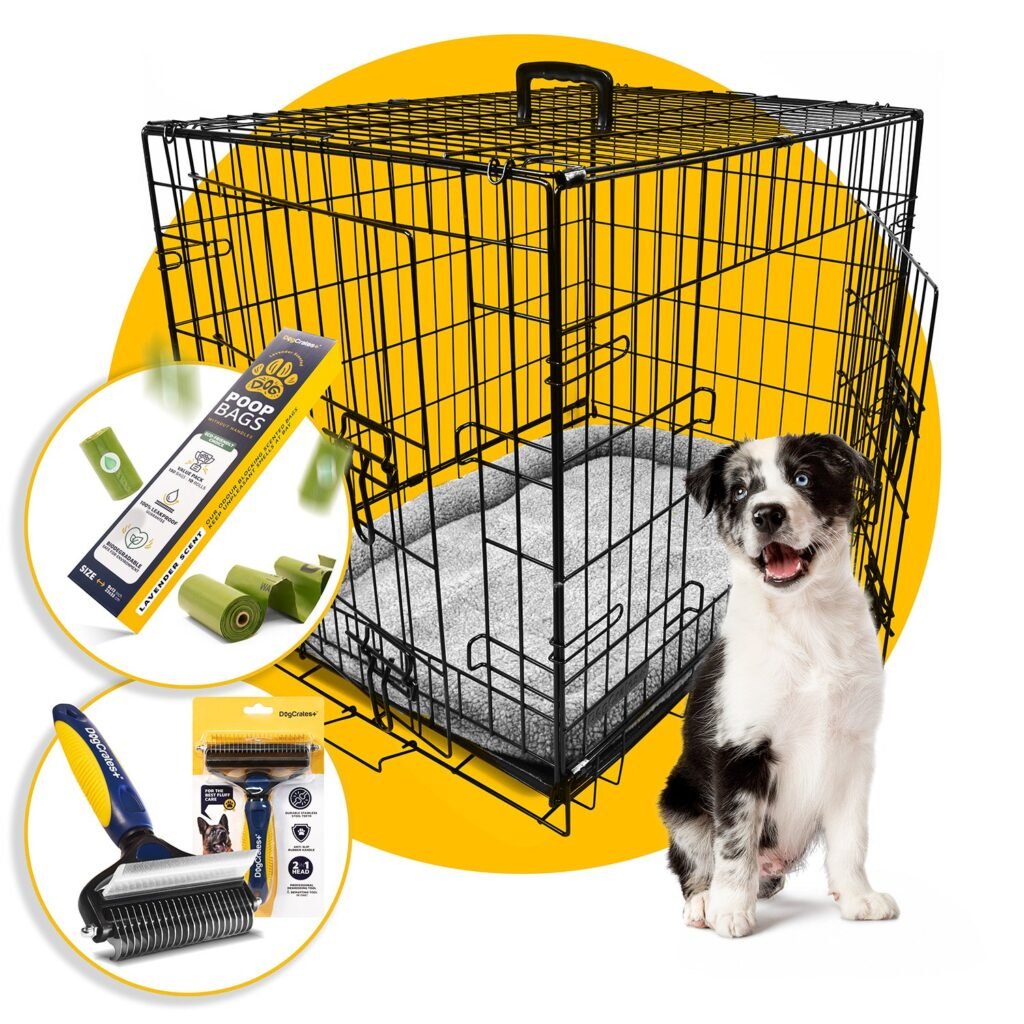Have you ever noticed how your senior dog’s face seems to have gained a touch more wisdom with each graying hair? Just like us, dogs age and with that maturity come unique needs that you might not have dealt with during their younger days. So, what do you do when your furball begins to slow down, and those puppy dog eyes start looking a little more seasoned? Well, you’re in the right place as we unravel everything you need to know about caring for your beloved senior pup.

This image is property of images.pexels.com.
Understanding the Aging Process in Dogs
Before diving into tips and tricks, it’s essential to understand what happens as dogs get older. Just like humans, aging in dogs isn’t a one-size-fits-all process. Factors like breed, size, and genetics play into how your dog ages and the challenges they may face along the way.
How Old is Senior?
The term “senior” can feel a bit vague, can’t it? Generally, smaller breeds tend to live longer and may be considered senior around the age of 9 or 10. Larger breeds, who have shorter lifespans, might be senior by age 6 or 7. It’s all relative, really, like comparing a Chihuahua to a Great Dane.
The Changes You Might Notice
Your agile shepherd mix that once bounced around at the speed of sound may start to take life a little slower. You can expect potential changes in their mobility, senses (like hearing and sight), and perhaps even shifts in behavior. Some pups become couch potatoes, while others suddenly act like they’ve joined a senior dog skateboarding league.
Diet and Nutrition for Senior Dogs
As your dog ages, their dietary needs shift to accommodate less energy expenditure and different health conditions. Let’s talk nutrients, because isn’t that where optimal health begins?
Understanding the Nutrient Needs
Senior dogs need a balanced diet rich in nutrients that support their aging bodies. You might want to focus on maintaining a healthy weight, supporting joint health, and enhancing their immune system. Think of it as giving your dog a little nutritional massage to keep things running smoothly.
Selecting the Right Food
Navigating the pet food aisle can overwhelm even the most enthusiastic dog parent. Look for formulas designed specifically for senior dogs. These typically have reduced calories, increased fiber, and joint-support ingredients like glucosamine and chondroitin. It’s about precision—like culinary art, but for dogs.
Treats: Little Bites of Love
Who doesn’t love giving treats? But with a senior dog, moderation is key. Choose treats that are low in calories and designed for joint health—think of them as miniature love letters made of chicken.
Exercise and Activity
Now, let’s dive into fitness, or should I say, how to keep those aging joints lubricated and muscles stretched?
Tailoring the Exercise Regimen
Exercise remains crucial for senior dogs but must be adjusted to suit their slower pace. It’s not about abandoning those long walks—they might just turn into more thoughtful, scenic strolls. Essentially, follow your dog’s lead; if they want to stop and sniff every lamppost, let it be their moment of bliss.
Mental Stimulation: Keeping the Mind Young
Physical activity is vital, yes, but never underestimate a good brain workout. Mental stimulation is like a spa day for their mind. Puzzle toys, gentle obedience training, or new trick learning sessions can provide joyful engagement. The goal is to stretch their imagination without sending them to the rocking chair too soon.
Health Check-Ups and Vet Visits
Ah, the annual (or maybe bi-annual) vet visits, a ritual bound to become as regular as your morning coffee.
The Importance of Regular Check-Ups
As dogs age, regular vet visits become a necessity rather than a routine. With senior dogs, monitoring their health more frequently allows for early detection of diseases like arthritis, dental disease, or heart conditions. Think of the vet as your dog’s personal health guru.
Common Health Issues in Seniors
Senior dogs often face issues such as arthritis, diabetes, kidney disease, and heart problems. Recognizing these early signs could be the difference between a sigh of relief and an emergency dash to the vet. Nobody wants the latter—it’s not quite the joyride it sounds like.
| Health Issue | Common Symptoms |
|---|---|
| Arthritis | Limping, difficulty standing, reluctance to move |
| Diabetes | Increased thirst, frequent urination, weight loss |
| Kidney Disease | Increased thirst, decreased appetite, vomiting |
| Heart Disease | Coughing, fatigue, difficulty breathing |

This image is property of images.pexels.com.
Maintaining Mobility and Comfort
Comfort takes center stage during your dog’s golden years. Imagine lounging in your most comfy chair all day—now build that same experience for your aging canine friend.
Creating a Comfortable Environment
Consider investing in orthopedic beds, ramps for easier access to beds or vehicles, and even non-slip rugs to prevent slips and slides. Your home becomes a well-designed senior living facility, accommodating and cozy.
Supplements and Medications
Joint supplements can work wonders on your dog’s mobility. Glucosamine, fish oil, and even turmeric may turn back the clock on some of their stiffness. Discussing options with your veterinarian can uncover a range of effective treatments from supplements to medications, like finding the perfect weather for an afternoon nap.
Dental Care for Senior Dogs
Dental health often slips under the radar but is vitally important. Neglecting dental care could lead to significant health issues down the line, a little secret I discovered one too many chewed-up slippers later.
The Significance of Oral Health
Dental disease can contribute to heart, liver, and kidney issues. Imagine your dog dealing with a constant toothache while also trying to wag its tail and provide companionship. Nobody should have to multitask like that.
Maintaining Dental Hygiene
Brushing your dog’s teeth regularly, using dental chews, or even indulging in dental treats designed for gum health can significantly help. It’s a bond-building exercise, albeit a slightly minty one.

This image is property of images.pexels.com.
Emotional Well-Being of Senior Dogs
It may appear that dogs only require a good-old scratch behind the ears for emotional satisfaction. But as they age, emotional well-being becomes nuanced and needs gentle attention.
Recognizing Changes in Behavior
Changes in your dog’s behavior can sometimes signify deeper emotional or physical health issues. Increased anxiety, confusion, or drastic mood shifts usually signal underlying problems. Address these changes like a detective uncovering clues to a mystery novel they never realized existed.
Strategies for Emotional Support
Providing consistent routines, trustworthy companionship, and ample affection helps senior dogs navigate this life stage. Your reassuring presence is like a lighthouse in a storm—their constant, guiding light.
Supporting Sensory Changes
With age, sensory changes often sweep in subtly, leaving your dog squinting or missing your verbal cues.
Hearing and Vision Loss
As hearing and vision decline, consider slight lifestyle alterations. Use visual cues like hand signals during commands, or keep their environment consistent to prevent disorientation. Your dog might not hear you come home, but they can certainly see that treat you’re sneakily hiding.
Enhancing Their Sensory Environment
Create a soothing environment with familiar scents and sounds to comfort them. Their world becomes more auditory and olfactory, and enhancing these senses ensures they don’t miss out on life’s simple pleasures, like the smell of bacon cooking.
Maintaining a Consistent Routine
Life with dogs often revolves around routine, a stable line dancing through chaos. Senior dogs, more than ever, benefit from this rhythm.
Consistency is Key
Establishing and maintaining a consistent routine helps manage anxiety and confusion. Regular feeding, walk times, and bedtime allow your dog to predict their day, thus reducing stress.
Adapting to New Routines
At the same time, stay flexible enough to adjust routines as health and energy levels shift. Your ability to pivot makes you both maestro and companion in this dance of aging.
Preparing for the Final Stages
Discussing end-of-life care is undeniably challenging—it’s the conversation equivalent of stepping on a Lego barefoot.
Understanding Quality of Life
Evaluate the quality of your dog’s life carefully. Maintain open discussions with your veterinarian to ensure your pet’s comfort and dignity. It might be as simple as ensuring their favorite toy stays within reach or as complex as navigating palliative care.
Grief and Support
Coping with the loss is a profound journey. Share memories, seek support, and allow yourself to grieve. Like a deep paw print in your heart, your senior dog’s impact is indelible and extraordinary.
Conclusion
Caring for a senior dog is indeed a labor of love—a sacred duty filled with challenges, rewards, and unwavering dedication. These years are a gift, a chance to repay your dog for all those moments of wagging joy and unconditional companionship they’ve brought to your life. Your careful attention to their shifting needs ensures the journey remains as joyful as it began. Let these senior dog care tips guide you in crafting those silver moments into gold.




